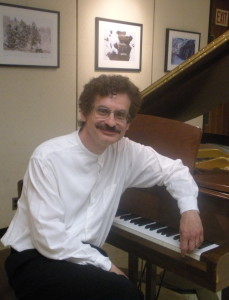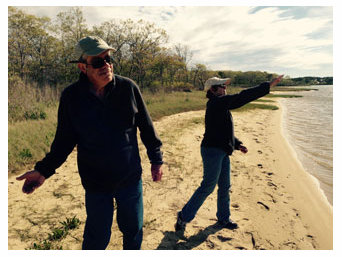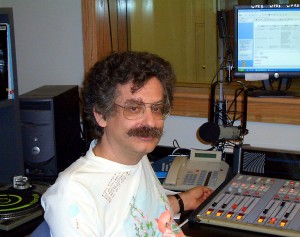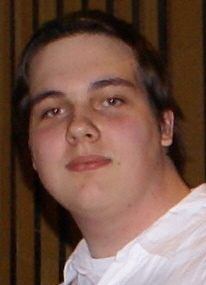[Editor’s note: Samuel Vriezen is a brilliant Dutch composer, performer, poet, polymath… oh, let’s just say the list goes on. I’ve known Samuel — online, at least — for the better part of 15 years now, following his artistic and aesthetic progression, getting into stimulating conversations and sharp smack-downs along the way. Just the other day Samuel approached me with an essay that he’d been working on, that he felt might be ready for a wider audience through a place like S21. Of course I immediately agreed; Samuel has one of the sharpest minds I know, and whatever rolls around and finally drops from it to the page is quite likely worth a bit of our time to read.]
OUTSIDE OF MUSIC — On the role of the audience
Samuel Vriezen
Heiner Goebbels, composer, director and a major presence in contemporary German music theatre, gave a presentation at a conference devoted to Gertrude Stein and the arts in May 2014 in Copenhagen, on his use of Stein’s work. For him, Stein’s vision of a theatre piece as a landscape to be enjoyed rather than a drama to be followed was highly inspiring for his own theatrical conceptions. In passing, Goebbels made a very interesting remark. All you need to make theatre, he claimed, is an audience. What he meant was that it is the audience that completes the theatrical experience. If you present an audience with any staged image, you practically don’t even need actors any more, as the audience will invite itself into making it a theatrical experience, into filling in the drama itself. You just need to give it a landscape, something to look at, well staged and probably with stuff happening in it; but what the theatre really only requires is the audience.
This struck me as a strongly theatre-based approach to the audience, one very much about presenting a spectacle, about the experience of watching and presenting, perhaps even about ‘communication’. My own focus as a composer being mostly on chamber music, I couldn’t imagine myself making such a statement at all. In chamber music, you really need some performers – something that is even true of a piece like 4’33”, which only requires (a) dedicated performer(s), more or less inviting the audience to become a performer itself.
The next day at the symposium, Andrzej Wirth, a major figure in German theatre one generation older than Goebbels, was interviewed. Wirth, who had collaborated with Brecht in his youth, and who had himself used Stein’s work in his productions, seemingly made the exact opposite claim during his talk: the audience, he said, is an obstacle, something that threatens to get in the way of theatre. The point being that the theatre is what happens, what people on stage do, the whole action of it, rather than its passive consumption (a position that fits the tradition of the Brechtian Lehrstück well.)
Instinctively, I found myself more sympathetic. The idea that an audience is needed for something to be music is quite evidently not true. If I play piano at home, just because I feel like it, there is no audience. There is only me, the performer, working at the music, and even if this involves my hearing and listening in the process, it doesn’t make me into my own audience. In fact, it has always been my feeling that the vast majority of music that gets practically made by humans does not involve an audience. For instance, ritual music – and let’s interpret ‘ritual music’ broadly: a birthday song at a party or a stadium of supporters chanting to inspire its team could be an example just as much as liturgy being chanted or a village tribe honoring its ancestors. Likewise, there is music that is merely play, or a way to pass time. There is humming to yourself; there are the songs that are part of children’s games; there is practice, which is playing for the sole purpose of getting better at playing. Work songs, campfire songs, protest songs. Clearly, to think of such events in terms of ‘performer’ and ‘audience’ would be to miss the point completely. All these things are music; none of them involve an audience.
Yet it is not quite satisfactory to see the audience as an obstacle. Even if it should be true that the main thing that happens would be the process among actors or musicians, that does not necessarily imply that the audience has no role to play. Surely it must have one, or we wouldn’t spend so much time organizing concerts. But what is this role? (more…)
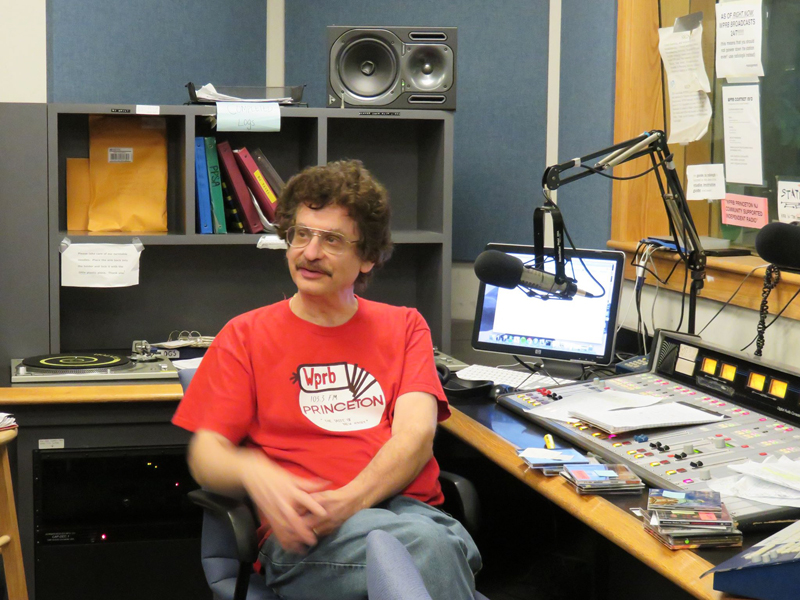 For more than 25 years, WPRB’s Marvin Rosen has been one of radio’s greatest champions of living composers, playing works by many, many hundreds of composers both greater and lesser known, with an especially strong emphasis on gender and racial equity. Marvin’s curiosity and openness towards the music of our time is just about unparalleled, and there are composers all over the USA and world who thank him for bringing their music to the airwaves.
For more than 25 years, WPRB’s Marvin Rosen has been one of radio’s greatest champions of living composers, playing works by many, many hundreds of composers both greater and lesser known, with an especially strong emphasis on gender and racial equity. Marvin’s curiosity and openness towards the music of our time is just about unparalleled, and there are composers all over the USA and world who thank him for bringing their music to the airwaves.
